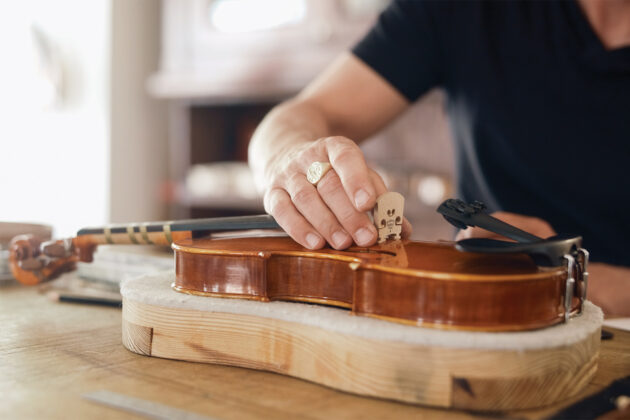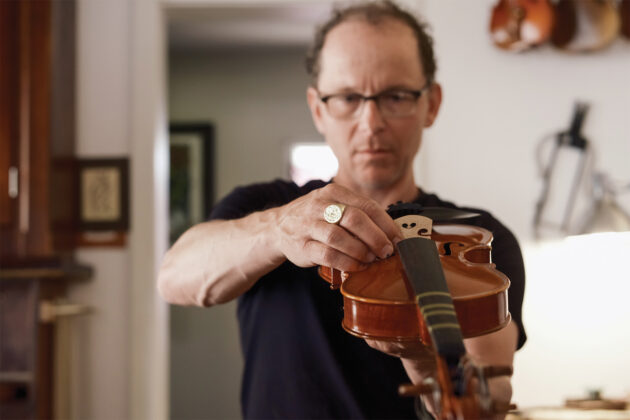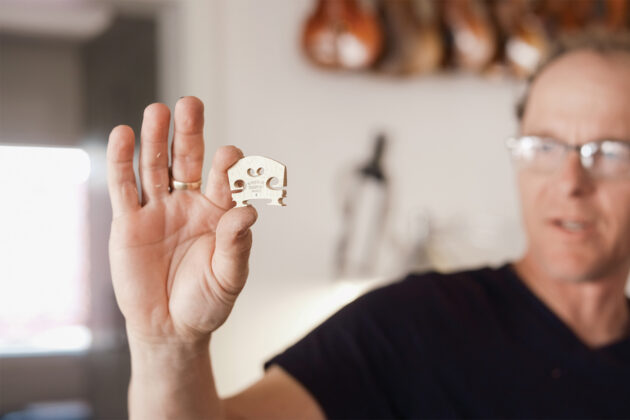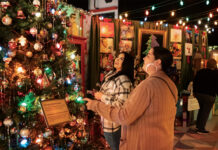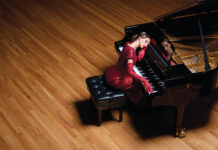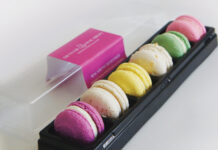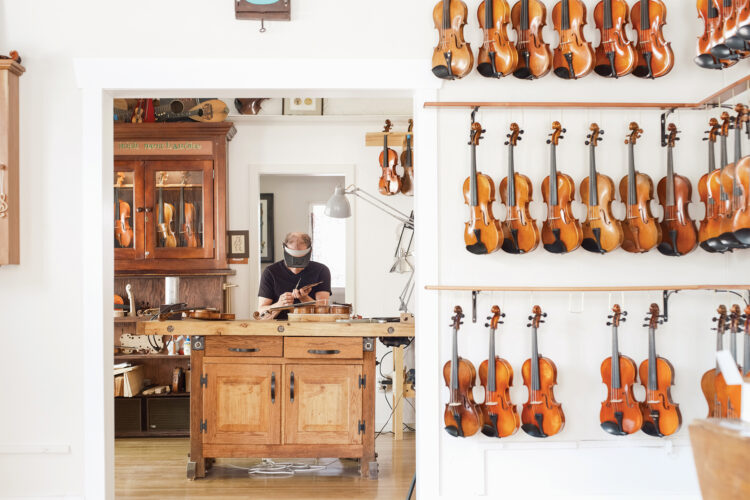
On a quiet corner of Main Street in downtown Louisville, the tuning of strings and tightening of bows offer a melodic reminder that beauty is still best made by hand. Inside Scherer Violin Shop, owner and luthier Will Scherer is not just repairing and selling instruments. He is preserving a centuries-old craft, supporting generations of musicians, and creating a hub for community connection.
Will’s path to violin making was shaped more by passion than by a line as straight as his bows. The music school dropout found an interest in fiddle music, and started hanging out at bluegrass jams. That would lead him to a new source of inspiration, a violin maker named Geoff Seitz. “I would hang around his shop, and I thought, this seems like a really cool thing to do: craft,” Will muses. That spark set him on a journey of learning from master craftsmen such as Hans Nebel, a third-generation violin maker from Germany, and eventually apprenticing for more than six years under Thomas Verdot, supported by a grant from the Missouri Arts Council and the National Endowment for the Arts.
When his wife accepted a position at the University of Colorado in 2018, the couple moved from Missouri to Colorado. For Will, the decision to settle down outside of Boulder was one of practicality. “We actually chose to live in Louisville in part based on the fact that there was no violin maker here,” he says. With years of connections built through Colorado’s music festivals, he quickly found a community of musicians ready to support his work.
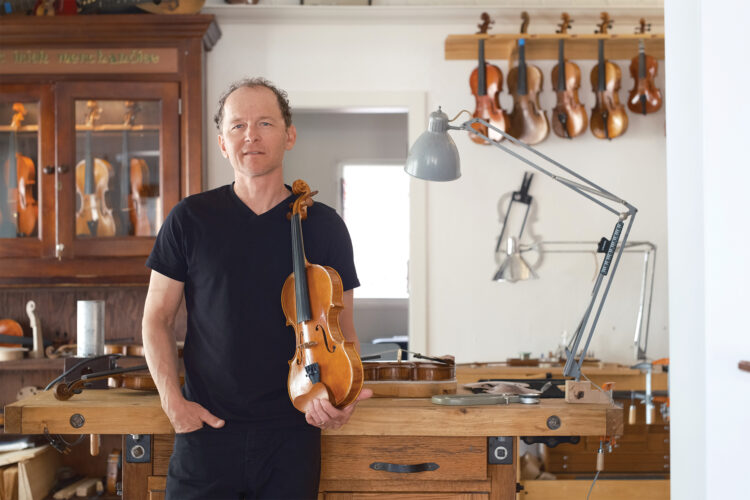
Then came the Marshall Fire in December 2021, which not only made the Scherer family home uninhabitable, it also meant the end of his home-based shop and a lot of tools and materials that couldn’t be saved. The house would go through a two-year reconstruction, but within months, Will salvaged what he could and started new on the corner of Main and Walnut in downtown Louisville, eventually doubling the space in 2025. The expansion brought not only more inventory and better light in his studio, but also a stage for the kind of community spirit that kept his craft alive through loss and rebuilding. It is that spirit of connection that shapes nearly every part of his work today. Will rents instruments to young students, partners with local school programs, and supports organizations like the Greater Boulder Youth Orchestra. He hosts fiddle jams and intimate concerts in the shop, and this summer he organized Louisville’s first fiddle contest, donating a restored violin as the prize. “Music is one of those things that can connect us all and convey a lot of emotion,” he says. “We need to keep music in the world and we need to keep more people playing it.”
At the bench, Will works much as luthiers did centuries ago. “The technology that I use on a daily basis peaked in the 1700s,” he explains. “I start with a block of wood, and then it’s cut down into the shape of a violin. Everything is carved out using chisels and finger planes. On a personal level, it really grounds me.” For Will, violins aren’t just instruments but vessels of memory. “What’s really valuable are the stories that come along with these instruments. Sometimes I get non-musicians who can’t wait to tell me where an instrument has been or who played it. I think other people’s enthusiasm about the stories excites me the most.”
Will has no ambition to become a large retailer. He prefers the intimacy of a shop where each bow rehair or restoration connects him directly to the person behind the instrument. “I feel honored and indebted to maintain these instruments and to make sure that they do what they’re supposed to do,” he says. In a world increasingly shaped by automation, Will’s shop stands as a reminder of the beauty that still comes from patience, tradition, and the human hand.
For print-exclusive stories, download the digital magazine or pick up a copy from select local King Soopers, Safeway, Tattered Cover, or Barnes & Noble locations.

